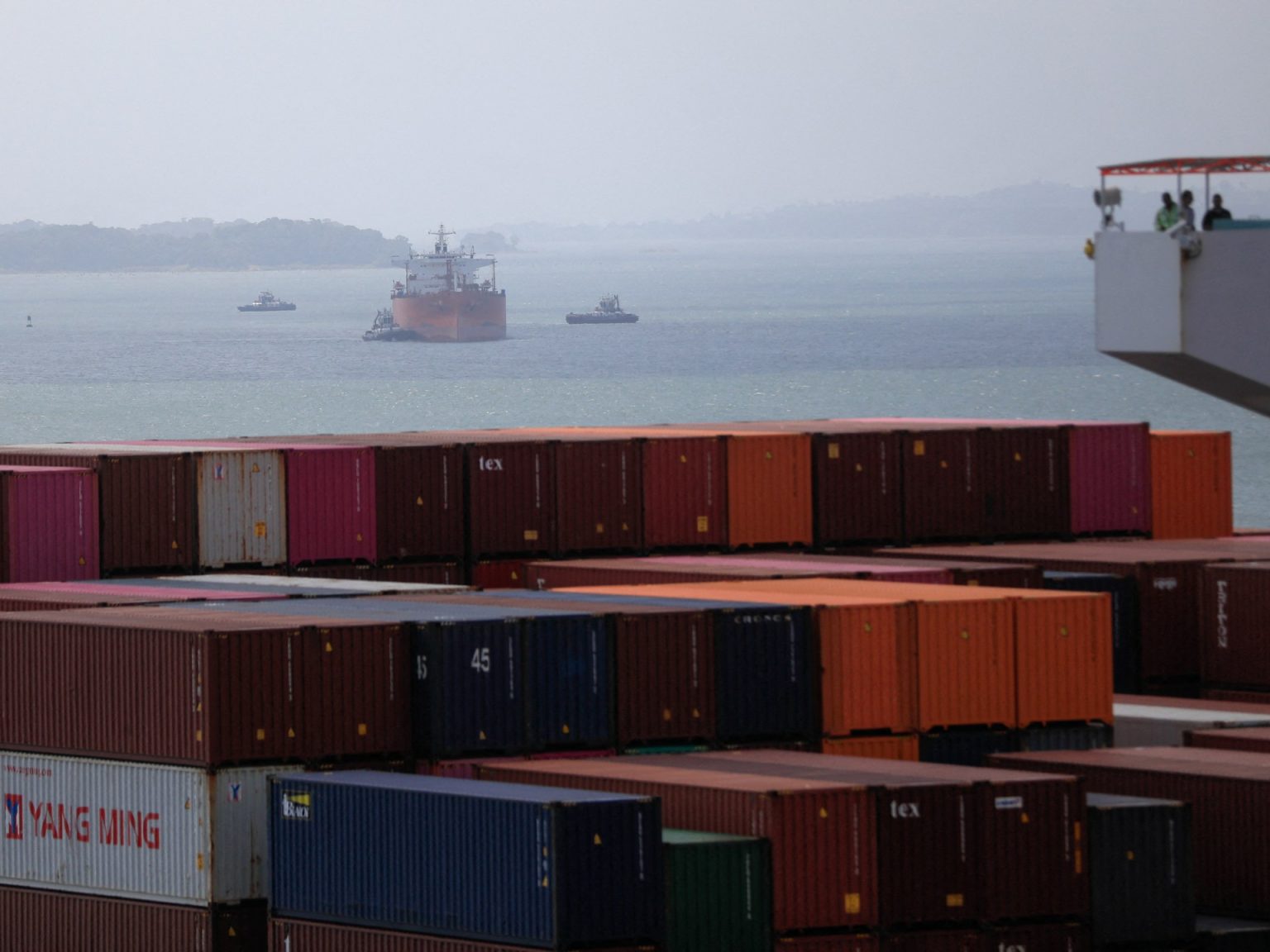Panama, the world’s largest ship registry, has implemented stricter registration policies in response to pressure to crack down on oil smuggling. A former US ambassador to Panama praised the new executive decree, which allows for the revocation of licences and registrations for vessels facing global sanctions. The Panama Canal, one of the busiest maritime shipping routes, has been under scrutiny for illicit trades, especially involving Iran and Russia. The international maritime authorities and Western governments closely monitor major registries like Panama due to reputation risks.
President Jose Raul Mulino issued the executive decree on October 18, stating that vessels facing sanctions from the US, UK, UN Security Council, or EU members would have their registrations revoked to protect the prestige of the Panamanian flag. The Panama Maritime Authority is responsible for implementing these cancellations, with immediate consequences for de-flagged ships. Panama’s status as a “flag of convenience” state has attracted global shipping companies seeking to bypass stricter regulations and reduce costs. The country currently has over 8,000 ships registered under its flag.
The executive decree is seen as a response to pressure from the US and other allies, who have targeted Panama for its role in facilitating illicit trade. President Mulino has pushed back against international scrutiny, arguing that Panama has been unfairly stigmatized. In a recent meeting with French President Macron, Mulino sought to have Panama removed from the EU’s list of non-cooperative tax jurisdictions. Given Panama’s importance as a key shipping route, foreign governments have taken steps to restrict illicit trade through its waters, including levying sanctions against Panama-flagged vessels involved in transporting oil for Iran and Hezbollah.
Experts predict that Panama’s actions will have a significant impact on vessel owners and operators engaged in risky or illicit activities. This move is expected to prompt other flag states to review their regulatory frameworks and crack down on vessels engaged in illicit activities. Palau, another flag of convenience state, recently revoked the registration of three liquefied natural gas carriers after they were hit with US sanctions over ties to Russian gas. The global push to clamp down on illicit trades has led to increased scrutiny on major ship registries and the vessels registered under their flags.
Overall, Panama’s decision to implement stricter registration policies in response to international sanctions reflects the country’s commitment to safeguarding its reputation and cracking down on illicit activities. The executive decree underscores the importance of ensuring compliance with global regulations and upholding maritime security. As a major player in the global shipping industry, Panama’s actions are likely to set a precedent for other flag of convenience states and encourage them to take similar measures to combat illicit trade and maintain international standards.













